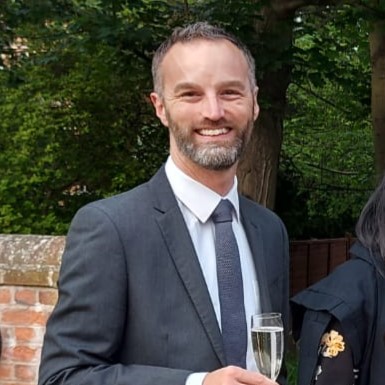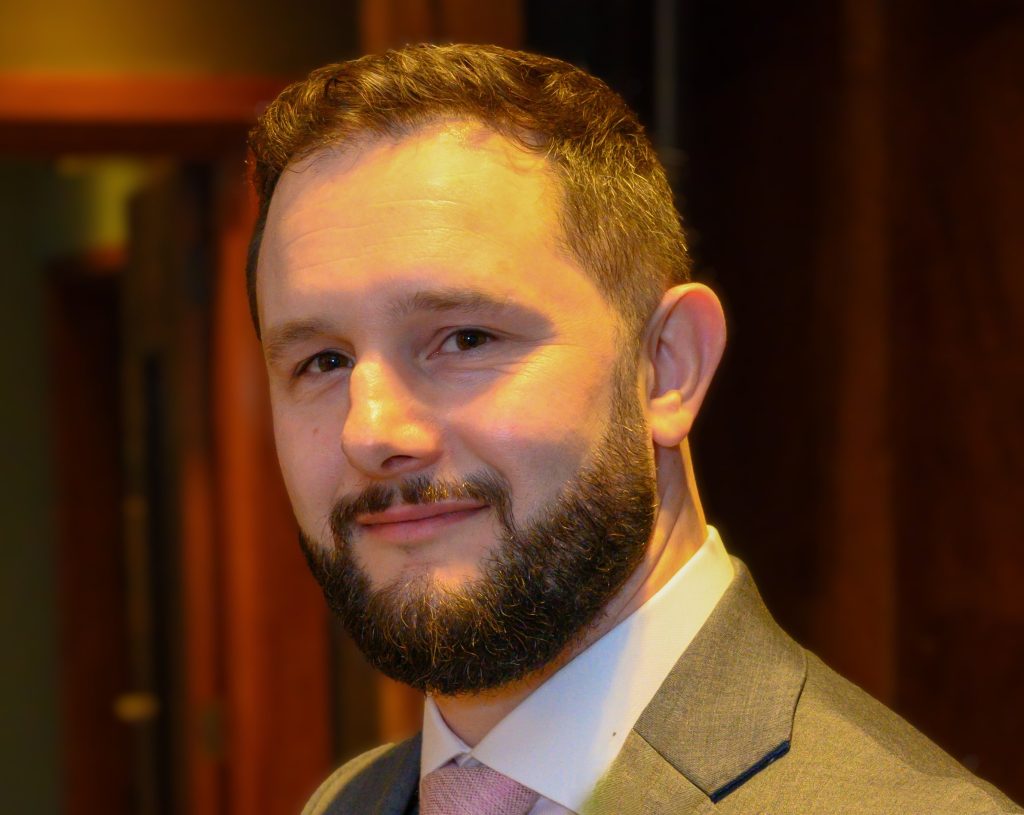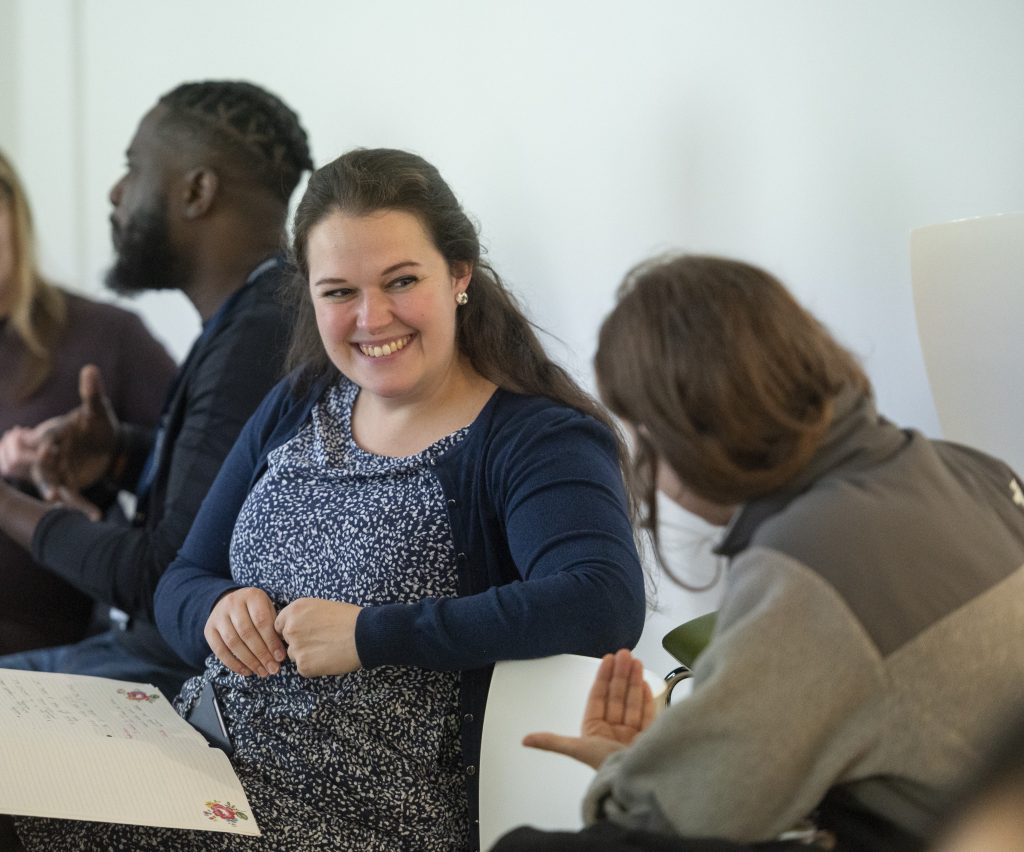Welcome
This two-year, part-time MSc programme has been introduced at a time when high quality educational assessment is recognised as a core element of a strong education system.
The course combines teaching sessions within the Department and online support through the University’s Virtual Learning Environment (Canvas). In the second year of the course, students will receive supervision of dissertation projects from a University supervisor with expertise in a particular subject.
On completion of the course, graduates will have a sound understanding of the design of assessment systems, the options available and their implications. They will be able to analyse the quality of assessments and engage in research, policy and practice questions in an informed and critical manner.
This master’s qualification will have an impact upon the quality of educational assessments in a wide range of settings by enhancing assessment skills and increasing opportunities for progression to senior positions in educational assessment organisations both nationally and internationally.
Watch: MSc in Educational Assessment
Course Director, Dr Michelle Meadows, introduces the course:
MSc student Bill Teasley gives the student perspective on the course:
Apply Now
If you think this is the right course for you, we suggest you browse the profiles of academics in the Department to identify those with whom your interests overlap. You will need to complete an application through the central university website and provide samples of written work and a personal statement.

The course
The aim of the course is to provide researchers and professionals with the skills to develop and improve educational assessments in their own settings. Students will gain technical knowledge in assessment and engage with the design and evaluation of educational assessments, as well as come away with a sound understanding of the field, including high stakes assessment systems.
The course will take place over two academic years part-time with contact teaching and online support for the first three terms and supervision of dissertation projects in the final three terms of the course. In terms one to three students study three core modules and one optional module.
In the three core modules, students will be taught the fundamental theoretical and philosophical underpinnings of educational assessment, so that they are able to evaluate their own practices and are able to locate them within the range of approaches that are available. The history of psychological and educational testing will be discussed and related to different assessment paradigms and with learning theories. The creation of assessment policy and the ways it shapes education systems will be studied, and how to use research synthesis techniques to develop policy and practice. Fundamental concepts such as validity, reliability and standard setting are covered. The development, design and evaluation of educational assessments will be taught. This will include stages of assessment delivery such as item construction, mark schemes and marking.
Students choose one optional module. The choice is usually between the study of classroom–based assessment (assessment of and for learning) and the study of research techniques such as research methods to investigate educational assessment issue. Please note, we cannot guarantee the availability of any particular elective in a given year.
The dissertation will provide the opportunity for students to research an area of assessment in which they are interested and can relate to their professional day–to–day work.
Assessment will take the form of both formative assessment and summative assessment.? Formative assessment will take place at the beginning of each unit.? Summative assessment will be through an examined assignment for each unit, plus a dissertation in the final term of the second year.
The MSc is directed by Dr Michelle Meadows, Associate Professor in Educational Assessment. A wide range of lecturers from across the Department teach on the course providing students with core generic and subject-specific teaching and supervision.? Guest lectures may also be given by visiting academics and practitioners.
Apply Now
To apply, you will need to complete an application through the central University website and provide samples of written work and a personal statement.

Meet our students

The teaching weeks in Oxford are what sets this course apart. Studying part-time while working is challenging and requires focus. The residential weeks give you the chance to escape work and experience Oxford life – they reinvigorate you.

All the instructors are very knowledgeable and bring a wealth of expertise to the course. Having the opportunity to learn from some of the leading assessment experts in the country and around the world is an invaluable experience.

The variety of backgrounds, expertise, and perspectives of the other students on the course was incredibly valuable. During the course of my studies, I was able to move into a research position and I’m certain that this was supported by what I had learned.
Apply Now
To apply, you will need to complete an application through the central University website and provide samples of written work and a personal statement.

Scholarships
The Department is delighted to offer a scholarship for practising educators who are enrolled on the MSc in Educational Assessment course for Michaelmas Term 2025.
Apply Now
To apply, you will need to complete an application through the central University website and provide samples of written work and a personal statement.

FAQs
Who is the course for?

This professional development course is aimed at researchers and professionals in the field of educational assessment.
How much time will I be expected to spend on study?

Each paper will comprise eight teaching sessions that include lectures, seminars and practicals, and a small-group tutorial. For each paper, students are expected to spend approximately 64 hours during non-residential times for the preparation of the papers and the formative pre-paper assignments.
How will my work on the course be supported?

Each student will be appointed a general supervisor for the duration of their studies. This person may go on to be the dissertation supervisor depending on the chosen research topic. In cases where a different dissertation supervisor is appointed they would also take on the general supervision. Modes of supervision include individual online communication via telephone, e-mail and Teams meetings. For their dissertation project students will be allocated to a dissertation supervisor by the beginning of Michaelmas Term of the second academic year. Together with the course director, the main teaching staff on specific papers will contribute to the tutoring for their respective papers. Modes of tutoring include participation in the virtual learning community and through telephone, email and/or online meetings with tutors. During residential periods, face-to-face meetings between tutors and students will be arranged. Pastoral support is also provided by a tutor in the College.
How often will I need to come to the Department for meetings?

The four modules are delivered in residential weeks, when you must attend in Oxford.? After that, meetings with your supervisor may be face–to–face or conducted electronically.
Do I have to apply to a college?

College affiliation is an important part of being a student at Oxford. Please note that there is no guarantee that you will be placed at any given College, and a place will be found for you where possible. Find out more about the colleges and making an open application on the University website.
What should I include in the statement of purpose on the application form?

The statement of purpose tells us why you are interested in doing this course. You should include:
- your reasons for applying
- evidence of understanding of the proposed area of study
- professional experience of educational assessment
- your ability to present a coherent case in proficient English
- your commitment to the subject, beyond the requirements of the degree course
- your preliminary knowledge of the subject area and research techniques
- your capacity for sustained and intense work
- reasoning ability
- ability to absorb new ideas, often presented abstractly, at a rapid pace
- evidence of your ability to undertake part-time study
If your ideas are less focused, it is fine simply to explain in more general terms what you are hoping to get out of the course and why you would have the support of your employer in undertaking it.
Your statement should be a maximum of 500 words in length.
Who should I choose as my referees?

We would expect to see at least one academic reference and two professional references. You should choose those referees who you think will provide us with enough information to make a judgement in your ability to follow the course.
We reserve the right to request a further reference if necessary.
Will I be able to pay fees in instalments?

Course fees are collected by colleges. Colleges operate their own fees schedule and this arrangement is dependent on the college.
Apply Now
To apply, you will need to complete an application through the central University website and provide samples of written work and a personal statement.

Contact
Couldn’t find your answers under our FAQ section?
Please contact?a member of the administrative team who will be happy to help.
Phone: +44 (0)1865 274021
Email: msc.edassess@education.ox.ac.uk
Apply Now
To apply, you will need to complete an application through the central University website and provide samples of written work and a personal statement.








